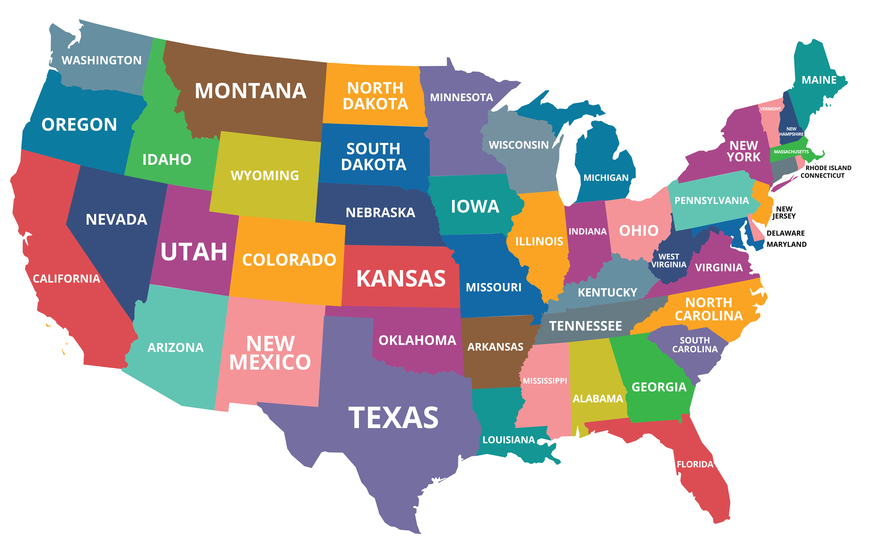
UBIT Exceptions: Trade Show and Convention Activity
Exempt organizations are subject to a tax on trade and business regularly carried on that is not substantially related to furthering the organization’s exempt purposes.

Exempt organizations are subject to a tax on trade and business regularly carried on that is not substantially related to furthering the organization’s exempt purposes.
On January 21, 2020, the IRS issued guidance detailing how nonprofits can apply for refunds of the repealed “parking tax.” Recall that in December 2017, the Tax Cuts and Jobs Act imposed an unpopular and widely criticized 21% tax on employee transportation benefit expenses incurred by nonprofits. The transportation tax, or “parking tax” as it came to be known, was retroactively repealed in December of 2019. The retroactive nature of the repeal creates an opportunity for nonprofits that paid the tax to seek refunds.

With the market volatility of the last six months, funding sources and non-profits alike may be uneasy given memories of the 2008 recession. Although predicting future macro-economic forces may be impossible, it is always a good idea for 501(c)(3) non-profit corporations to seek to diversify revenue streams to prepare for shifts in funding.

From time to time we see nonprofit clients adding employees in states in which they haven’t operated before. Often it is just one employee, perhaps a development person working from their home or a shared workspace. Although hiring an employee in another state may not seem like a significant event, many businesses don’t realize that it triggers several compliance obligations.
Generally, exempt organizations are taxed on income from any unrelated trade or business activities regularly carried on by the organization, less any permitted deductions. Promotion of private companies is generally considered advertising – an unrelated business activity. If the recognition given to corporate sponsors is deemed to be advertising, then the sponsorship payment may be taxed as unrelated business income and will not be counted as public support for purposes of qualifying as a public charity.
Most states require you to register your organization if you solicit donations from their residents. Many states also require registration if your organization collects substantial or ongoing donations from their residents, even if you aren’t specifically targeting donors in that state. Download our comprehensive list of each state’s requirements.
Download our free guide to learn about the many elements needed to run a successful nonprofit organization, as well as how to avoid common pitfalls and mistakes.